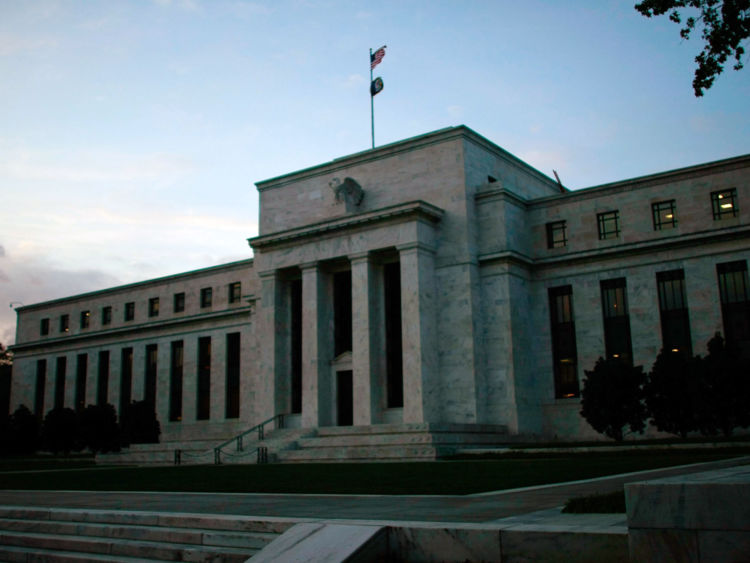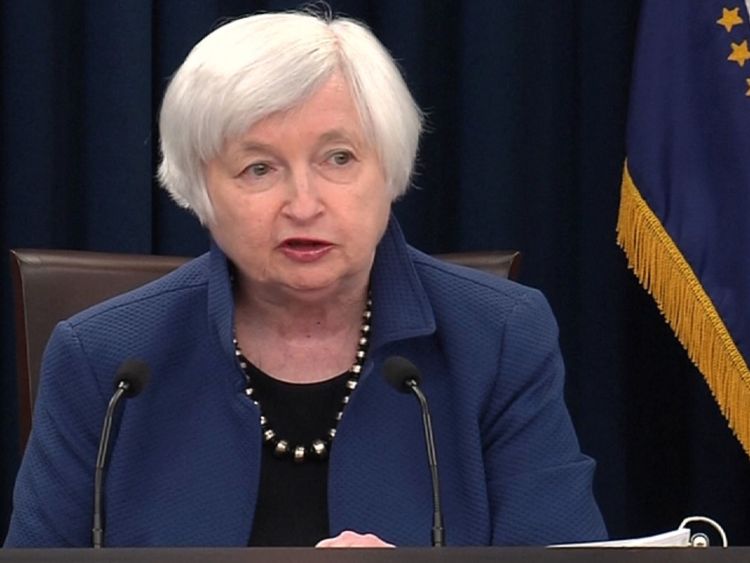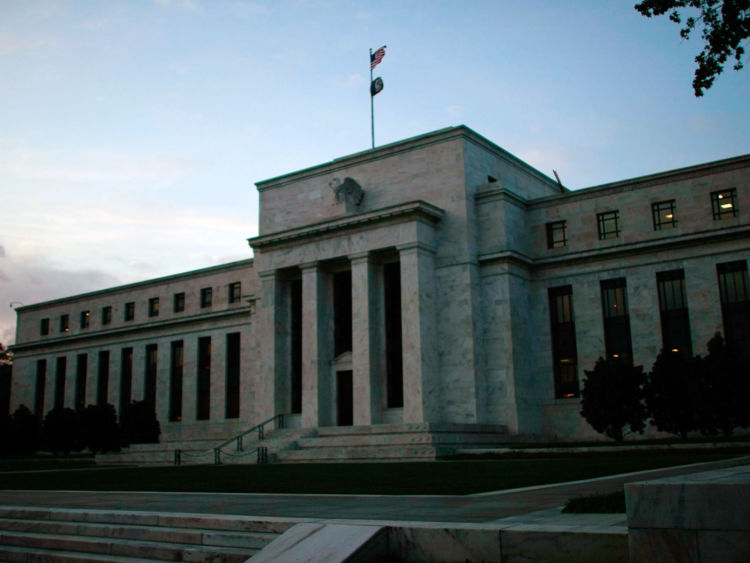The Bank of England has increased interest rates by 0.25 percentage points to 0.5% – the first rate rise since 2007.
Millions of mortgage borrowers face an increase in their monthly repayments after the decision by the Bank's Monetary Policy Committee (MPC) but savers should see a boost.
The increase in the Bank rate was widely expected but marks a watershed moment after years of rock-bottom borrowing costs.
Governor Mark Carney said that with unemployment at a 42-year low and inflation above its 2% target, it was time "to ease our foot off the accelerator" of stimulus which has been supporting the economy.
Royal Bank of Scotland – which includes NatWest and Ulster Bank North – and TSB were among the first to confirm the hike was being passed on to some customers.
The Bank of England also signalled that it may increase rates further in the coming years.
But currency markets were unimpressed by the announcement, sending the pound more than a cent lower against the dollar to around $1.31.
The rate hike was announced alongside the Bank's Inflation Report, its quarterly assessment of the UK economy.
Detailed forecasts in the report implied rates hitting 1% by 2020, with one increase of a quarter percentage point likely next year.
The MPC was split on Thursday's decision, with seven members including governor Mark Carney voting for the increase but two – Sir Jon Cunliffe and Sir Dave Ramsden – voting to keep rates on hold.
Experts estimate eight million Britons have never seen an interest rate rise.
Policy makers cut the Bank rate to a historically low 0.5% in 2009 to try to help nurse the economy back to health at the height of the global financial crisis.
It was then cut again last summer in the aftermath of the Brexit vote, to 0.25%.
The decision to hike comes in the face of sluggish growth and warnings from some experts that it should be delayed to avoid further risking the economy.
The change in Bank rate is likely to be reflected in instant increases in floating rate mortgages and by more gradual changes of other rates, including unsecured borrowing and savings rates.
UK Finance, the trade body for Britain's lenders, says there were 9.2 million outstanding mortgage loans outstanding in June this year.
Of these, 3.7 million were on a variable rate – including tracker mortgages directly linked to the Bank rate as well as those on standard variable rates set by individual banks and building societies.
But the immediate impact of the rate hike will be less widespread than it would have been in prior years as a growing number – currently 4.4 million – were on fixed rate deals.
The Bank of England said it expected inflation – already at a five-year high of 3% – to peak at 3.2% in the coming month and for economic growth to remain subdued in the coming years.
It said stronger global growth, slightly more domestic price pressures and diminishing slack in the UK economy were the main reasons to lift rates.
Its position on Brexit has not changed: it believes it is already slowing the UK economy, and is taking into account a range of potential outcomes to the talks.
The forecasts are based on the presumption that consumers believe the talks will go smoothly.
The Bank slightly cut back its forecast for GDP growth for this year from 1.7% to 1.6%, and left the outlook for 2018 and 2019 unchanged at 1.6% and 1.7%.
More follows…
More stories
- Next article Why has the Bank of England raised rates?



